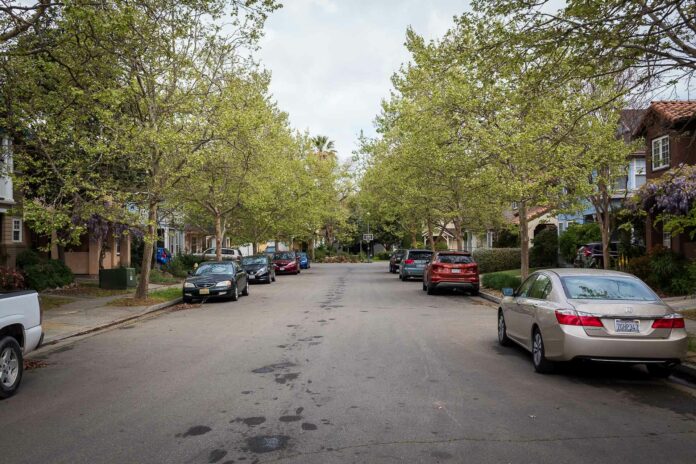Order prioritizes public health, highlighting need for individual hygiene, disrupting service-industry jobs
In the wake of the rapidly-escalating COVID-19 pandemic, Gov. Gavin Newsom mandated a statewide shelter-in-place order. The executive order declares that all nonessential persons must remain at home.
“To protect public health, I […] order all individuals living in the State of California to stay home or at their place of residence except as needed to maintain continuity of operations of the federal critical infrastructure sectors,” Newsom wrote.
The Department of Homeland Security website outlines critical sectors, which include healthcare and transportation. These professions are selected based on their level of impact on community wellbeing.
“Functioning critical infrastructure is imperative during the response to the COVID-19 emergency for both public health and safety as well as community well-being,” the website reads. “Certain critical infrastructure industries have a special responsibility in these times to continue operations.”
Newsom cited concern over public health and the importance of slowing down the spread of the virus.
“This Order is being issued to protect the public health of Californians,” Newsom wrote. “The California Department of Public Health looks to establish consistency across the state in order to ensure that we mitigate the impact of COVID-19. Our goal is simple, we want to bend the curve, and disrupt the spread of the virus.”
The “curve” refers to the projected number of COVID-19 cases expected in a specific area over a certain period of time. Livescience writer Brandon Specktor explains that bending the curve will spread out the cases and reduce the strain on hospitals, ultimately allowing more lives to be saved.
“The faster the infection curve rises, the quicker the local health care system gets overloaded beyond its capacity to treat people,” Specktor wrote. “A flatter curve, on the other hand, assumes the same number of people ultimately get infected, but over a longer period of time. A slower infection rate means a less stressed health care system, fewer hospital visits on any given day and fewer sick people being turned away.”
Despite the order’s intent of protecting public safety, its closure of dine-in restaurants, bars and salons has resulted in mass layoffs of employees. To decrease this financial burden, California has granted some resources to affected workers, including unemployment pay and temporary grace periods from mortgages and bills.
“If you have been financially affected by COVID-19, you may be eligible for services such as: Unemployment insurance [,] Paid family leave [,] Disability Insurance [and] Relief from financial institutions,” the California Coronavirus Response website reads.
Although there are significant financial and personal impacts of the quarantine, Edison Adler, an first-year undeclared major in life sciences at UC Davis, focused on the positives. He highlighted the attention that the stay-at-home order has brought to maintaining individual health for public safety.
“The quarantine brings up the concerns about personal health and how it affects everyone,” Adler said. “One person can mess up the entire system that we all revolve around. It’s all bad: we’re all stuck in our homes and some of us are actually very sick, so we’re very concerned about what’s going to happen to us. But I think a positive thing to come out of this is the discussion about taking our personal health seriously.”
California’s COVID-19 Toolkit website similarly echoes the role of personal hygiene in the overall fight against the virus.
“The state is mobilizing at every level to proactively and aggressively protect the health and well-being of Californians, but we cannot fight this outbreak alone,” the website reads. “Californians need to know how critical it is to stay home, learn how to stay healthy and where they can get help. These actions are critical and there is no doubt our collective efforts save lives.”
Written by: Eden Winniford –– city@theaggie.org




